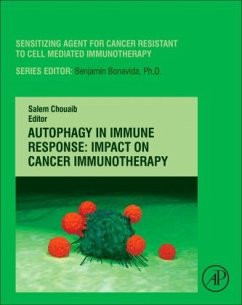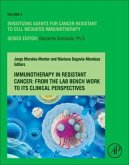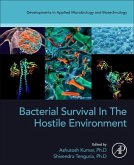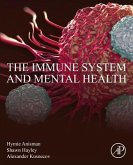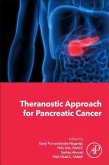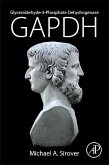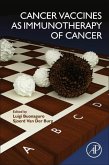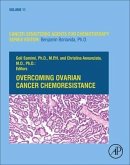Autophagy in Immune Response: Impact on Cancer Immunotherapy focuses on the status and future directions of autophagy with respect to different aspects of its interaction with the immune system and immunotherapy. The book takes scientific research in autophagy a step further by presenting reputable information on the topic and offering integrated content with advancements in autophagy, from cell biology and biochemical research, to clinical treatments. This book is a valuable source for cancer researchers, oncologists, graduate students and several members of biomedical field who are interested in learning more on the relationship between autophagy and immunotherapies.
"series on the Tumor Microenvironment (edited by Alexander Birbrair, published by Springer), which has published several volumes already, but none dedicated to autophagy. In general, this book has an ambitious goal of summarizing the current state of knowledge regarding autophagy's role in anti-tumor immune responses, but unfortunately, there does not seem to be a lot known, which results in a number of the chapters appearing fairly repetitive and redundant. Some other chapters are able to provide interesting reviews on topics related to tumor immunology but with a tenuous connection to autophagy, such as the chapter on lectins, while some others thoroughly discuss interesting mechanisms of autophagy regulation but with only brief references to immune regulation, such as the chapter on Yin-Yang 1. Accordingly, this book could have better achieved its goals by consolidating some of the chapters (such as eight or nine chapters instead of 11) for ease of reading, but nevertheless represents a very useful resource for researchers interested in this emerging field. There are no previous editions to this work, but as more is discovered, a newer edition would be extremely beneficial." --Doody

